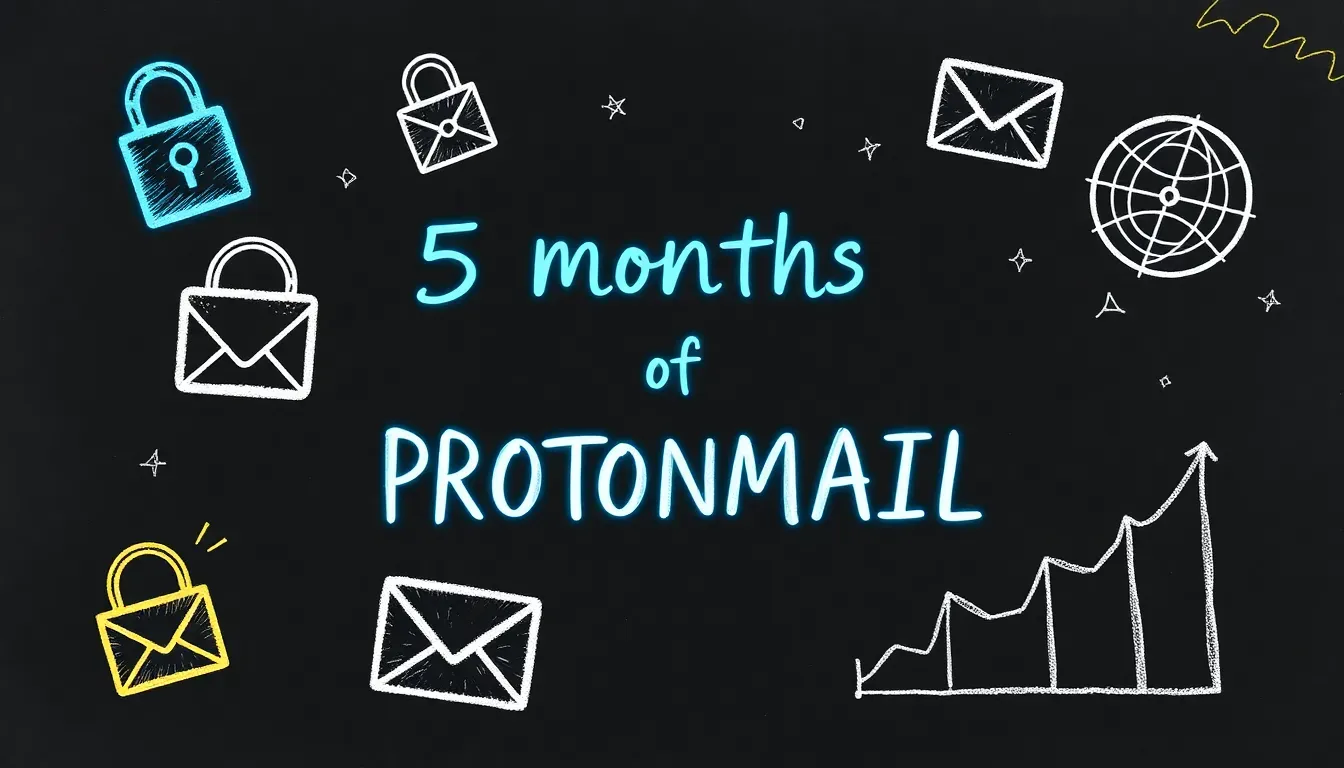
5 months ago, I decided to quit Gmail for good and move to an end-to-end (e2e) encrypted email service like ProtonMail or Tutanota. After thinking a lot over this, I settled for ProtonMail with a two years subscription. They had this nice Black Friday promotion from 2017 that I was able to redeem.
I have used Google’s services ever since I first discovered websites in 2004 (I think it was around that time, not very sure).
I wish I had realised the effects of using such services - giving up privacy, being tracked, not owning my own data, being targeted for advertisement amongst many other negative effects - much earlier though!
Signing up for an encrypted email service was the first step for a relief.
I use ProtonMail with a dedicated web domain, which means I don’t use their @protonmail.com address. I had been using the same dedicated email address on Google as well, via G Suite - so, using same with ProtonMail’s premium service was a natural choice and I didn’t have a reason to update my email address everywhere.
I did not explore an option to move all my emails from the previous inbox on Gmail to ProtonMail. I thought it would be a nice distinction to separate unsafe emails on Gmail from safe ones on ProtonMail.
While ProtonMail offers only a web UI and no native desktop apps, I am okay with it. They do offer a service called ProtonMail Bridge, for use with other apps like Apple Mail, Thunderbird, and Outlook. I am convenient with their web app though, for a few reasons below:
- Automatically attaches my public key on outbound emails for others’ use - they can send me encrypted emails.
- Can make use of the message expiration feature to send self-destructing emails.
- Can have multiple ProtonMail sessions on the same browser, without using incognito tabs - each tab has its own session. ProtonMail being based in Switzerland and using European data servers was another key reason why I preferred ProtonMail over Tutanota.
ProtonMail also claims they do not log IP addresses, but I have noticed that they do log the IP addresses by default. One only has an option to opt-out. I wonder if they can make that messaging clear.
“Think your email’s private? Think again.” - Andy Yen, ProtonMail
I don’t see myself going back to Google’s services or the likes, in favour for decentralised, open-source softwares and services. Especially in the time of unethical practices that companies like Facebook are involved in!